I don't even walk and text at the same time.
My level of courage maxes out on ordering
something a bit macabre and novel for lunch.
Bone-chilling culinary adventures aside, consuming pig parts isn't exactly
an act of daring -- after all, this is Paris, culinary playground of the world.
But time after time, Paris and our beloved France
have inspired not only daredevil behavior but real life heroics.
Not since Joan of Arc has there been a time when the indomitable women
of France have been elevated to their just and deserving station.
In this #metoo and #timesup moment, paying tribute to our female heroes
offers clarity to the conversation, reminding us that our everyday efforts
to make a mark on history will affect the world we'll one day leave behind.
The Pantheon in Paris is ground zero for hallowed heroes,
a national shrine where good men and -- at long last -- a few good
women -- are celebrated with the nation's highest honors.
We need our champions more than ever.
We need something to believe in.
"I am not afraid.
I was born to do this."
Joan of Arc
You'll first notice its Corinthian columns and small
dome as your eyes work their way to the top.
Standing on a small hill at the end of rue Soufflot, you'll be
reminded of the many reasons you've come to see Paris.
Architecture and art aside, the most compelling reason to visit is to
pay your respects to those who lie in state or awarded honors within.
The Pantheon's mausoleum houses for eternity - or pays tribute to - such
notables as Voltaire, Alexander Dumas, Jean Moulin, Emile Zola, and
Victor Dumas to name a few, all well known for those who love French history.
Staunch reminders of the greatness of the republic.
But like so many monuments in Paris, it's pretty much a boy's club -- hero worship for men who have triumphed in their chosen field.
Persevering for well over 225 years, the Pantheon has stood tall on this hill
bearing witness to the changes society has wrought, including revolution,
de-consecration and -- at last -- the addition of a few women to its gallant roster.
Initially a church was erected, built to honor the patron saint of
Paris, Sainte-Genevieve, a force for all women, great or small.
Well deserved for sure, since it was Genevieve, born to peasantry, who rallied
the prayers that curbed Attila the Hun's barbaric death march into Paris in 451.
Her prayer "marathon" defeated the so-called "scourge of God.
Diminutive little Genevieve saved her people and, in the process, inspired
women to a sense of purpose based on cast-iron faith in their ability to lead.
After the French Revolution, the neoclassical church once dedicated
to the patron saint of Paris became a secular shrine dedicated to
"To Great Men from a Grateful Nation" -- clearly guys only need apply.
That was the year 1790.
In 1995 -- 205 years later(!) -- Marie Curie became the first woman
immortalized within the celebrated sanctuary.
The wheels of change churn slowly.
Since then, two more women have received France's
highest honors, venerated within these hallowed walls.
Marie Curie gave her life for it.
The high achiever won the Nobel Prize -- not once, but twice --
for both physics and chemistry.
Trailblazer -- pioneer -- whichever reference you choose,
Curie achieved the ultimate pinnacle of performance in the
science community as well as the annals of history,
something akin to winning the Masters, an Academy Award
and the Tour de France for ten years running.
Mostly known for the work that led to the discovery of radioactivity,
she is also noted as the first woman to teach at the Sorbonne,
a real life Wonder Woman in a world that sorely needed a new hero.
Marie Curie pushed every envelope in her field of work.
In recognition of her achievements, France broke its men-only rule
in the Pantheon, where her ashes have rested since 1995.
"Life is not easy for any of us. But what of that?
We must have perseverance and above all confidence in ourselves.
We must believe that we are gifted for something
and that this thing must be attained."
Marie Curie, scientist
Germaine Tillion was a force, always fighting for dignity
and the sacred rights of the general population.
WWII brought out the best in her efforts,
proving again the worst conditions bring out the best in (wo)man.
Denounced by a priest, MadameTllion was sent to several prisons,
including the beastly Ravensbrück concentration camp in 1943.
Known for it's filth and brutality -- women were starved, attacked by
dogs and massacred at random -- you had to fight like hell just to stay alive.
During her imprisonment, she kept a secret notebook with her personal
take on the everyday trials of living in hell.
With an education and background in ethnology -- the study of people and
their cultures -- she became one of the most noteworthy resistance fighters
in France, a 20th century hero who, unlike Joan of Arc, survived her ordeal. Throughout her life, Germaine Tillion fought for the precepts of
liberté, egalité, fraternité --- in France as well as other nations
in desperate need of her wise counsel.
"Where's the glory in repeating what others have done?"
Rick Riordan, American author, "The Lightning Thief"
partnering of women during the trials of war.
This narrative often portrays men as those
who create war and wage most of the battles.
But when it comes to the daily rigors of war, we uncover
the other half -- the female community -- emerging from traditional
roles of nurturing caregiver and morphing into crusaders
who fight to save lives and right mankind's injustices.
Genevieve de Gaulle-Anthonioz made it her mission to represent
all those who made a contribution during WWII.
Born to a famous family -- her uncle was General Charles de Gaulle,
future President of France -- she too -- much like Germaine Tillion,
was deported to Ravensbrück.
Heinrich Himmler, one of the chief architects of the Holocaust,
recognized her import, keeping her alive just in case
he needed some leverage against the enemy.
But Genevieve was ready to fight.
Having read Hitler's "Mein Kampf" at the age of fourteen,
she understood the evil this demon preached.
Released after the war, she raised a family and began a tireless battle for justice.
De Gaulle-Anthonioz wrote of the sisterhood within the camp,
underlining the power of women helping women during times of crisis.
She worked tirelessly to fight poverty and homelessness back home,
possessing the grit to file lawsuits against Nazi war criminals.
In a staggering moment of strength, the Ravensbrück survivor testified against Gestapo thug Klaus Barbie, the Butcher of Lyon, proving once and for all she wouldn't sit quietly as a victim; she would lead the charge.
Her honors are many -- from the Croix de Guerre and the Grand-Croix de la Legion d'Honneur, she was finally recognized in the Pantheon in 2015.
"It's never too late to be what you want to be."
Author Unknown -- often rumored to be Victorian novelist George Eliot
Today women have more rights than ever before -- yet
continue the struggle for true and full equal rights.
Guts and glory aside, most women realize it takes a dash of daring,
a commitment to helping others, a relentless attitude and the "right stuff"
in a sisterhood of true believers to elicit real change.
Our heroes arouse and energize our basic good instincts.
Equal rights, political rights, economic rights, and
social rights give rise to dignity and a better world.
"Women's rights are human rights."
Hillary Clinton
Champions like Marie Curie, Germaine Tillion and Genevieve
de Gaulle-Anthonioz make us all stand a little taller, heartened by
their daredevil backbone to shape a better world.
We relish their narratives as they flip the switch on our own activism.
Viva la France and three cheers to all the women who helped shape its legend.
"We cannot all succeed when half of us are held back."
Malala Yousafzai, human rights advocate defined by her fight for female education
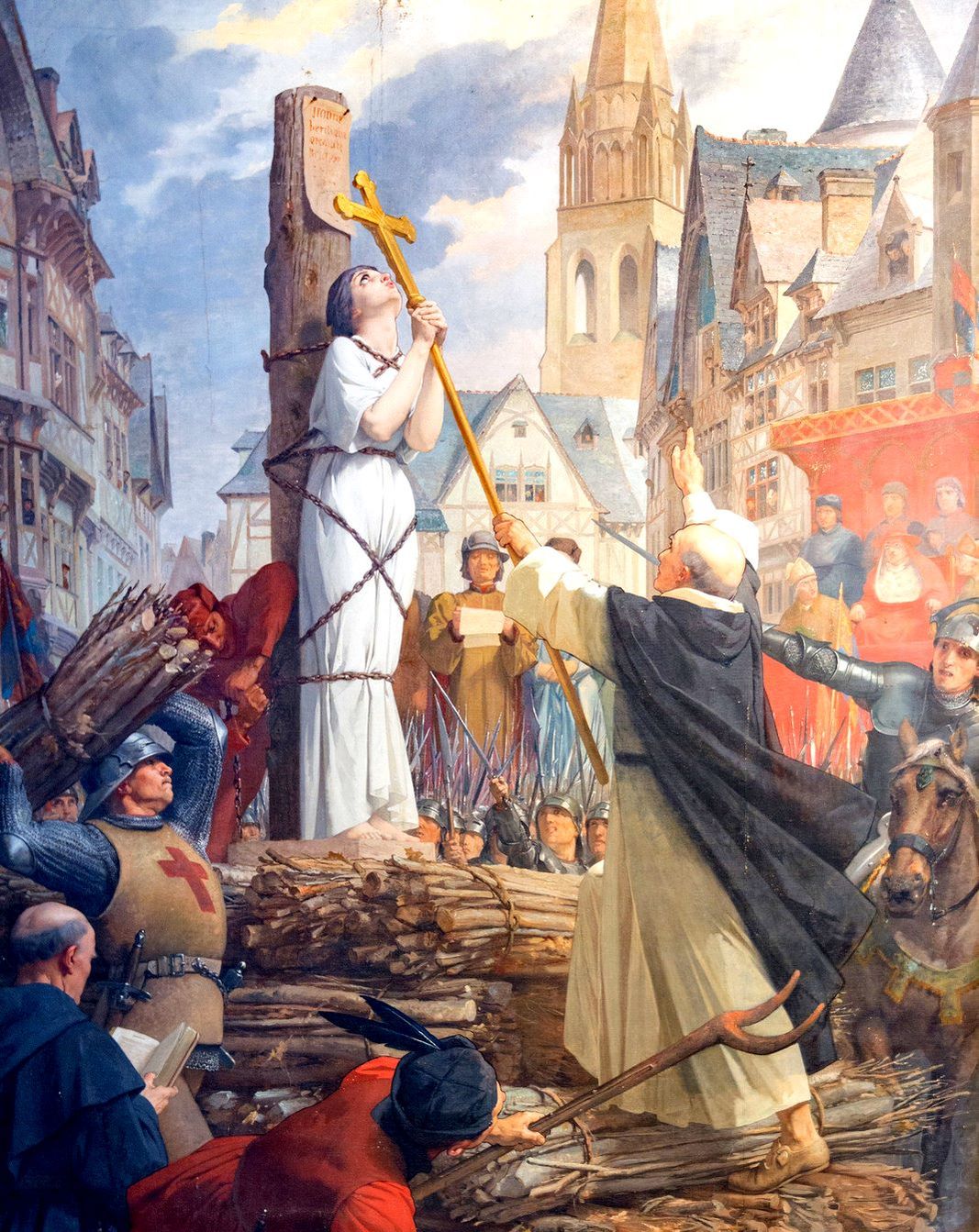
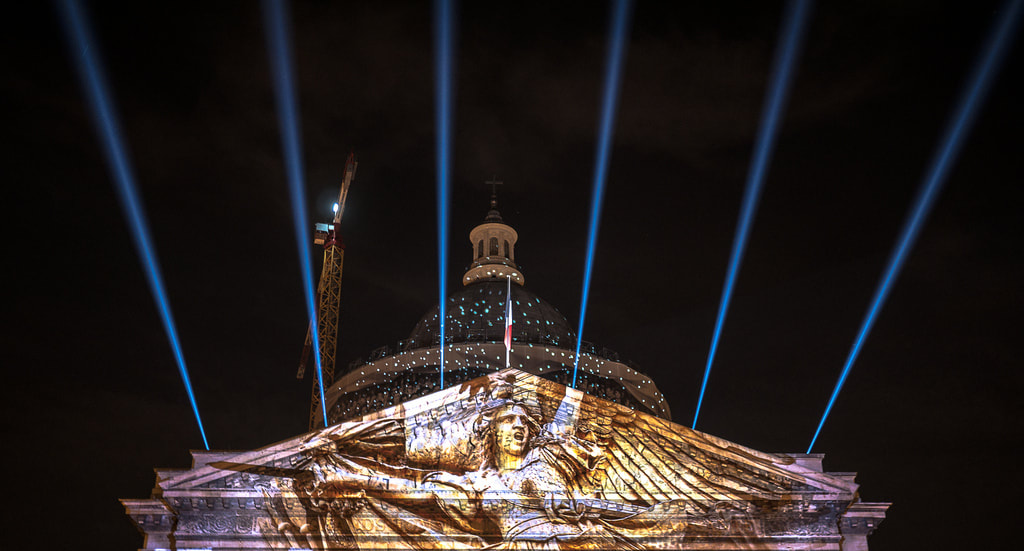
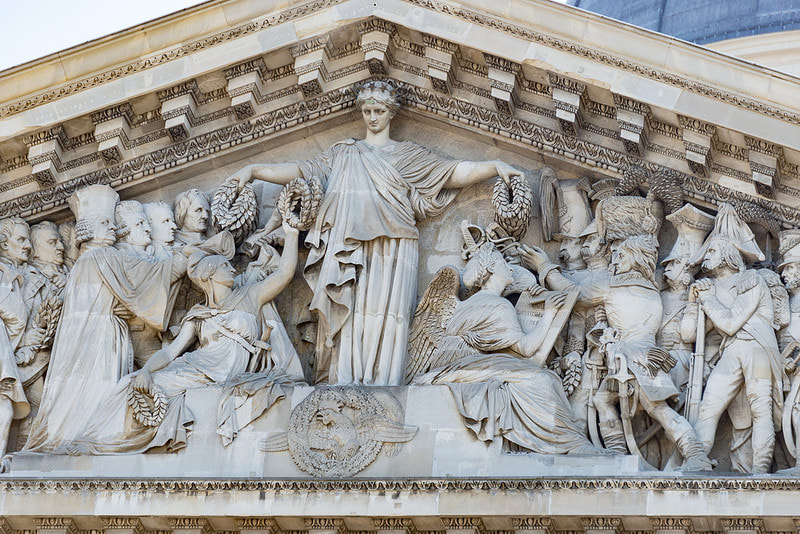

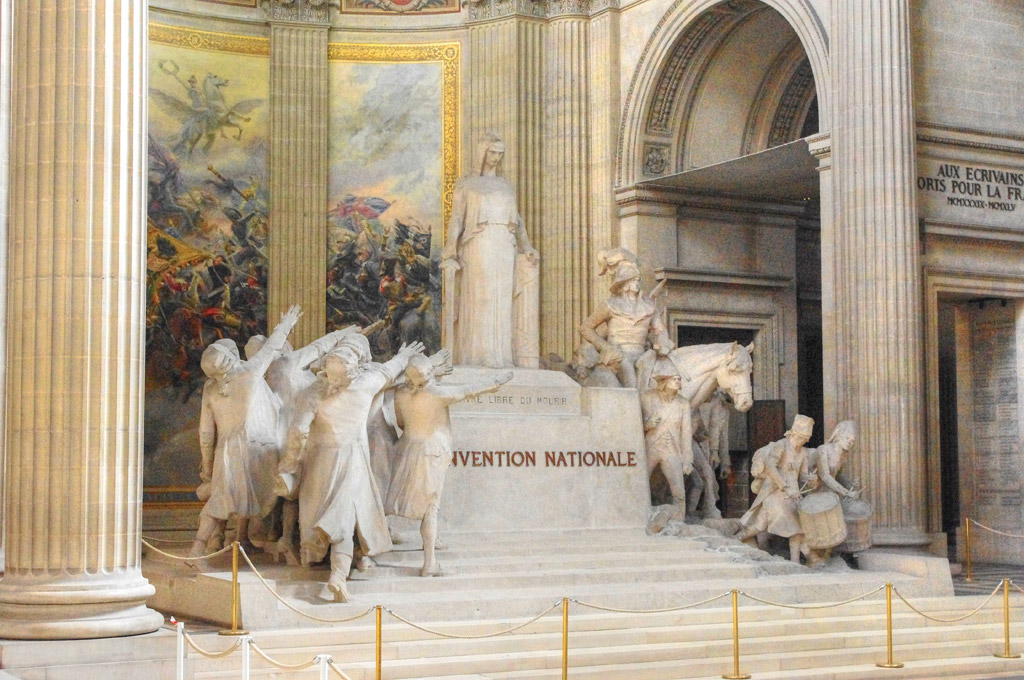
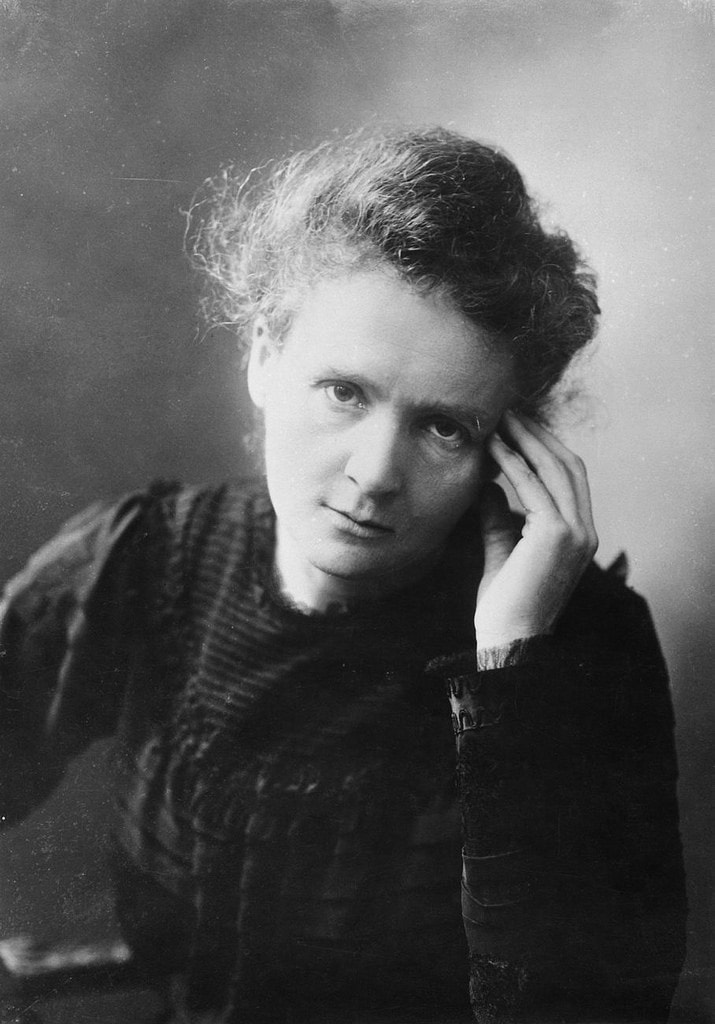
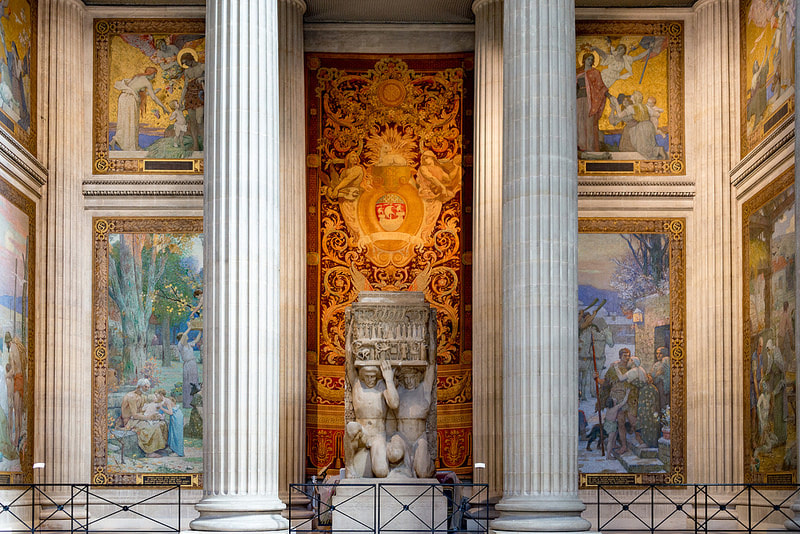

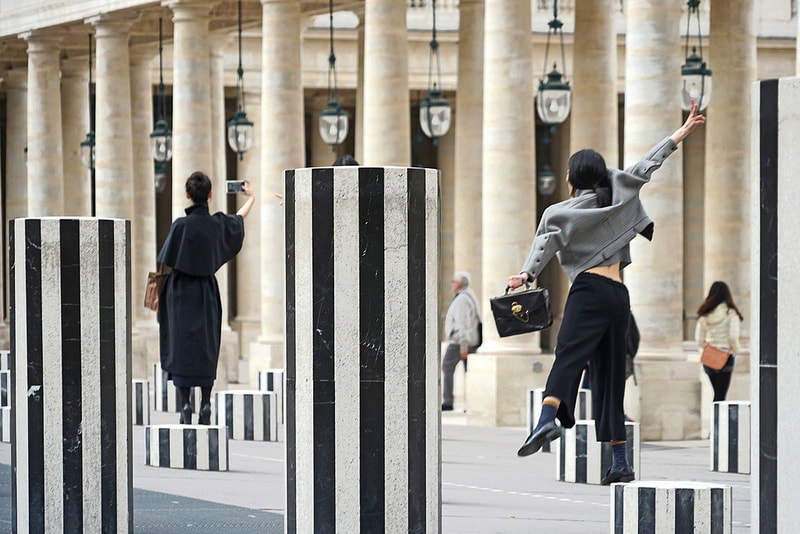
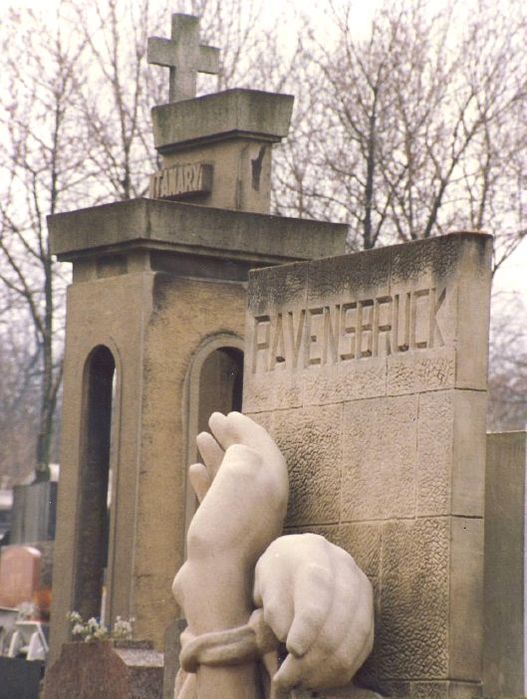


 RSS Feed
RSS Feed
